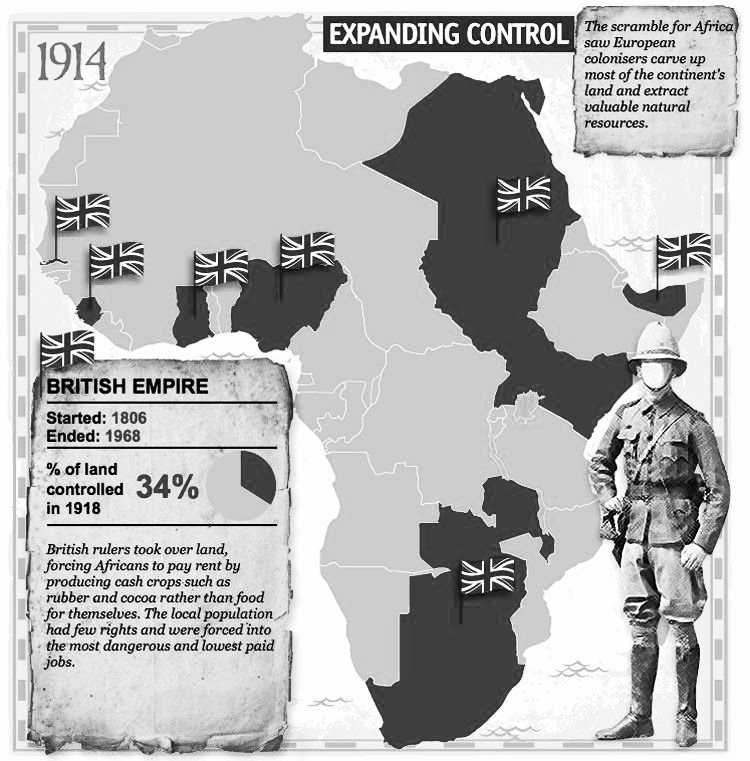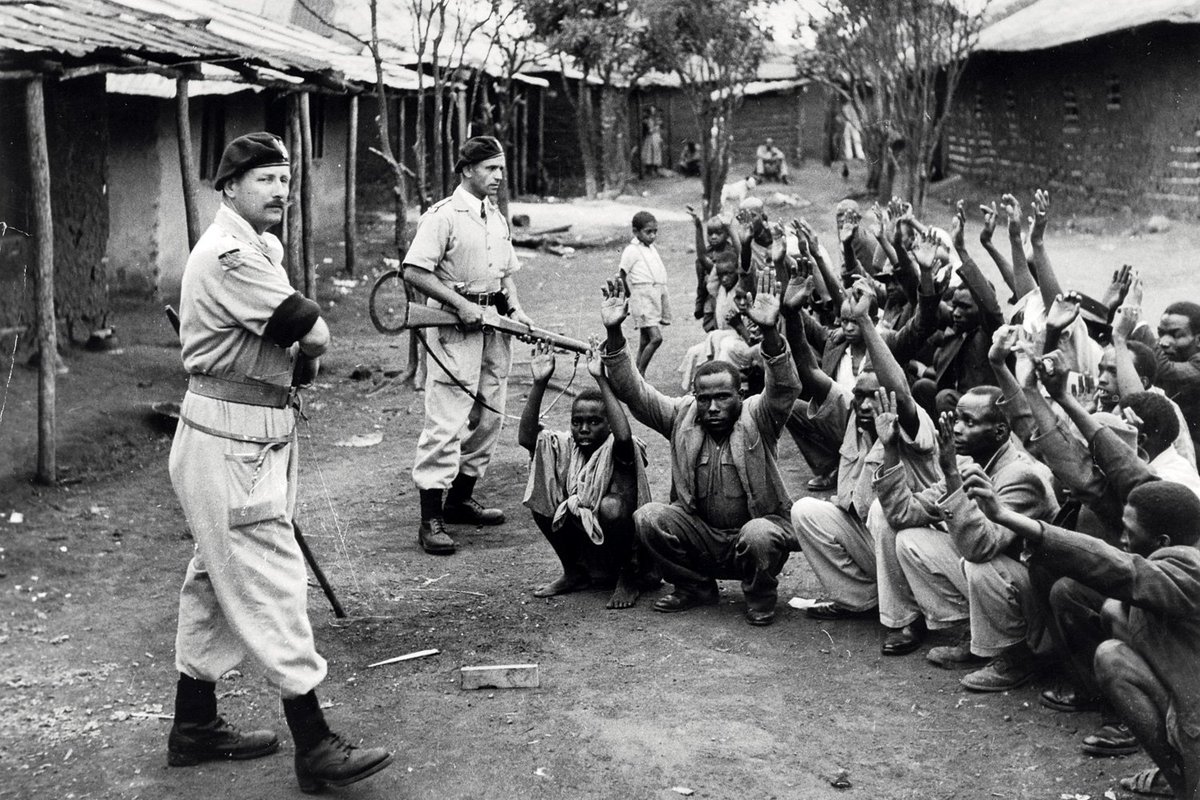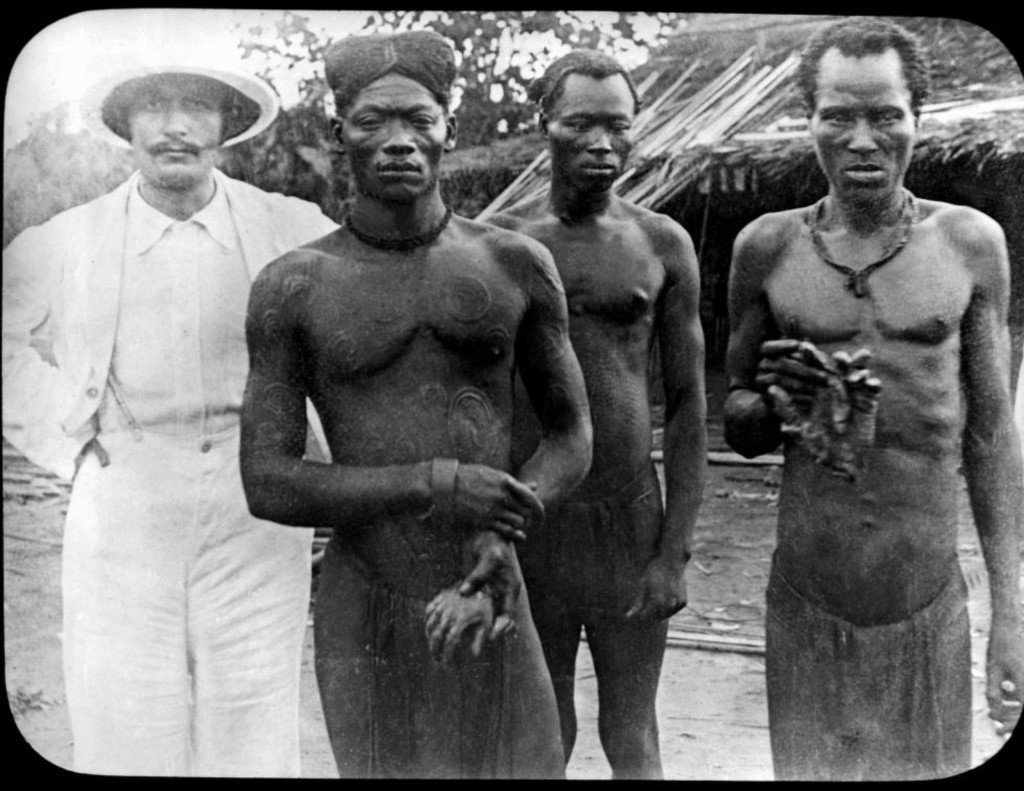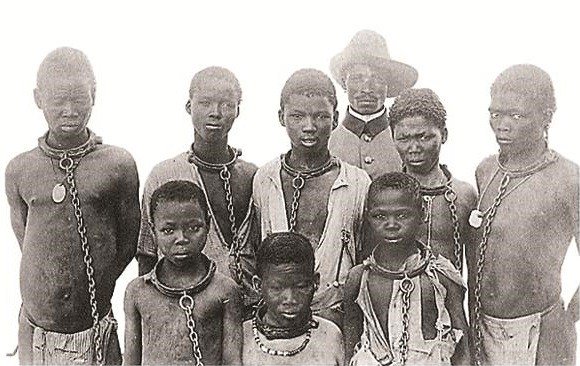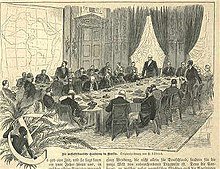I ask my students to wonder what if all the history of Britain was written by Zimbabwe’s...”
Most Quakers are African and they don’t worship in silence, we think we are good at silence but in our global conversation with Africa perhaps we talk too much!”
Announcement says that Ada Salter has a biography at: bookshop.quaker.org.uk/Ada-Salter_978…
So ends the Salter lecture 2018.




